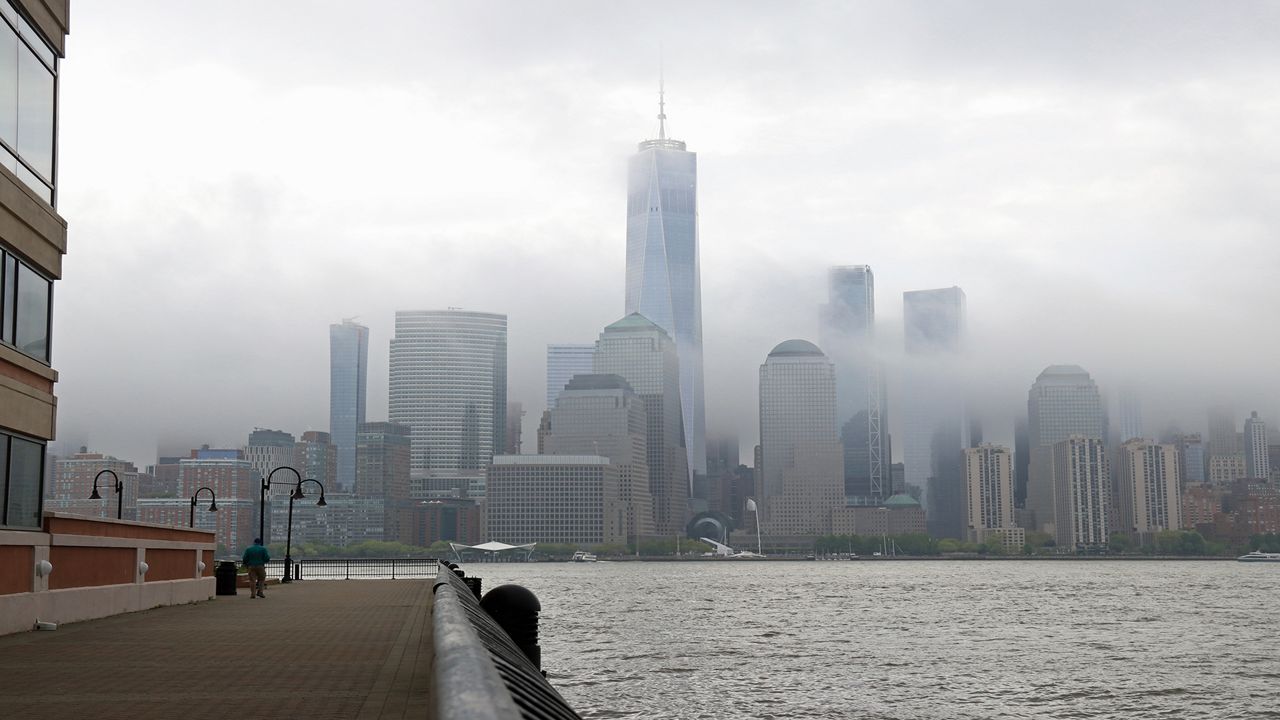Liz Farmer is not ready to write off cities just yet. Though the American city, especially in New York, is taking its blows during the COVID-19 pandemic.
But Farmer, a researcher at the Rockefeller Institute of Government, argued in a report for the think tank that cities need to start ways of figuring out how to bring back workers and residents.
New York City residents, if they were wealthy enough, fled to Long Island or to upstate communities to escape the spread of the virus. And smaller cities, like Albany, have seen less foot traffic downtown and fewer people riding mass transit.
All this has a cascading effect: A drop in tax revenue being among them, but also a cultural change to how we live and work.
"We don't know for example the people who moved out of New York City and are renting a house -- are they going to make that decision permanent?" Farmer said in an interview. "It's one thing to make that decision for a year, it's another to plant roots for five, ten, fifteen years."
Where people choose to live and work will have effects in the near future on climate change-causing emissions and how the government taxes and spends money. Cities have placed big bets in recent years on attracting younger, monied professionals to downtowns.
And as for the suburbs, which for the last 10 years some sociologists and urban planners had been predicting the demise of, there's an opportunity.
"People who are at home and working at home more there's a big opportunity to create more Internet cafes, that kind of thing," she said. "Places where workers can congregate during the day. Because I'm sure we're all going a little nuts working from home all the time and just seeing who else lives in our house. I mean, it gets a little old."



